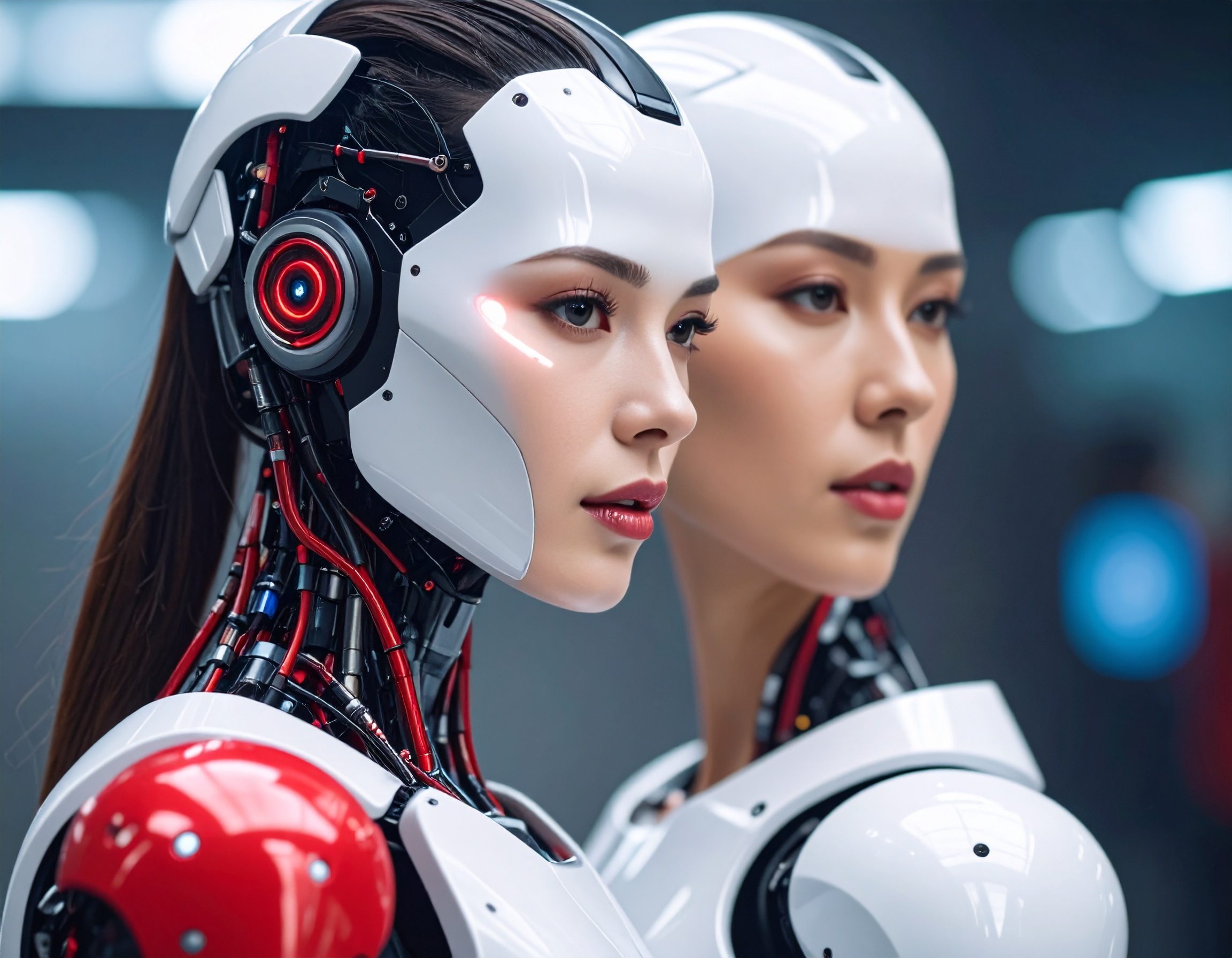Embracing the Future: How Digital Employees Are Redefining Work in 2024

In a landmark shift reshaping industries worldwide, companies like Kernel AI and Bank of America are leading the charge by deploying intelligent agents and digital employees to revolutionize traditional work processes. This transformative trend, spotlighted in a recent Fortune article, marks a pivotal moment in the evolution of automation, particularly within the realms of hospitality and finance. As businesses increasingly turn to non-human workers, the year 2024 stands as a watershed moment in the ongoing digital transformation of the global workforce.
One notable instance of this paradigm shift unfolds in the restaurant sector, where Kernel AI's robots are seamlessly integrated into kitchen operations, handling tasks spanning food preparation to dishwashing. These intelligent agents not only expedite service but also minimize errors, ultimately enhancing customer satisfaction levels. Similarly, in the financial arena, Bank of America leverages digital employees to streamline administrative functions such as data entry and customer service. This strategic embrace of automation reflects a concerted effort to optimize efficiency and adaptability in response to evolving market dynamics.
The implications of this trend extend far beyond mere operational enhancements, heralding a profound transformation in job roles and skill requirements. While digital employees excel in repetitive, data-driven tasks, human workers are afforded the opportunity to focus on strategic and creative endeavors. Nevertheless, concerns surrounding job displacement and workforce readiness loom large, necessitating proactive measures to facilitate a smooth transition to a hybrid workforce model. As industries increasingly integrate automation technologies, the imperative for upskilling and retraining initiatives becomes more pressing, ensuring that workers remain competitive in an era defined by digital innovation. Ultimately, the rise of digital employees symbolizes not the obsolescence of human labor, but rather a collaborative synergy wherein technology augments human capabilities, propelling productivity and innovation to unprecedented heights.
Key Highlights:
- Industry Transformation: Major corporations like Kernel AI and Bank of America are spearheading a paradigm shift by employing intelligent agents and digital employees to revolutionize traditional work processes.
- Restaurant Automation: Kernel AI's robots are seamlessly integrated into kitchen operations, handling tasks from food preparation to dishwashing, leading to faster service and reduced errors, thereby enhancing customer satisfaction.
- Financial Sector Integration: Bank of America leverages digital employees for administrative functions like data entry and customer service, reflecting a strategic move towards operational optimization and adaptability in response to market dynamics.
- Job Role Transformation: The adoption of digital employees signals a profound transformation in job roles and skill requirements, with human workers being freed up to focus on strategic and creative endeavors.
- Workforce Reskilling: Concerns about job displacement underscore the need for proactive measures such as upskilling and retraining initiatives to ensure a smooth transition to a hybrid workforce model, where humans collaborate with digital employees to drive productivity and innovation.
Reference:
https://fortune.com/2024/03/23/restaurant-robots-automation-workers-kernel-ai-bank-of-america/


